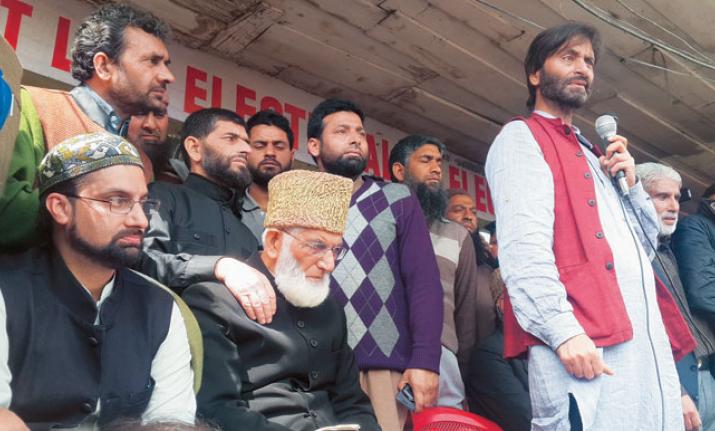
Kashmiri separatists refuse to talk to interlocutor, call his appointment ‘a new tactic’
“It is only time buying tactics by the Indian state adopted under international pressure and regional compulsions,” Anadolu Agency reported, quoting the pro-independence leadership in a statement.
On Oct. 23, the Indian government last week appointed an interlocutor Dineshwar Sharma, former head of India’s Intelligence Bureau, to hold talks with various “stake-holders” in Kashmir.
“Unless the Kashmir dispute is understood and addressed in its historical context and in the background of international commitments made over it, lasting peace can neither be achieved in Jammu and Kashmir nor in the subcontinent,” the statement said.
Also Read: Dozens Killed in RSF Drone Strike on Sudanese Village During Funeral
The joint resistance leadership comprises of Hurriyat (G) leader Syed Ali Geelani, Hurriyat (M) Mirwaiz Umar Farooq, and Jammu and Kashmir Liberation Front (JKLF) Chairman Yasin Malik.
“Sharma’s assertion that he is coming to the valley to ‘restore peace’ rather than addressing the dispute or its resolution limits the scope of any engagement with him and makes it an futile exercise,” it said.
No tangible outcomes
Indian state has, over the past, appointed several interlocutors with no tangible outcomes and people in Kashmir believe these efforts as futile.
Also Read: International Red Cross Calls for Safe Corridors for Civilians in Sudan
After the 2010 mass uprising against the Indian rule, the Indian government appointed a team of three interlocutors who met with a cross-section of Kashmiri people and came out with a report. The report, however, was never discussed by the Indian government.
The resistance leadership reiterated their belief in sincere dialogue as the only way ahead and criticized Sharma’s recent comparison of Kashmir conflict with the war in Syria calling it “deception”.
“To compare the internationally recognized 70-year-old political and humanitarian issue of Kashmir to that of the sectarian war and political struggle in Syria is deception and propaganda as there is no correlation between the two situations,” the leadership said.
Kashmir, a Muslim-majority Himalayan region, is held by India and Pakistan in parts and claimed by both in full. A small sliver of Kashmir is also held by China.
Also Read: M6.3 Earthquake in Afghanistan Kills 19 People
The two countries have fought three wars — in 1948, 1965 and 1971 — since they were partitioned in 1947, two of which were fought over Kashmir.
Also in Siachen glacier in northern Kashmir, Indian and Pakistani troops have fought intermittently since 1984. A cease-fire came into effect in 2003.
Kashmiri resistance groups in Jammu Kashmir have been fighting against Indian rule for independence, or for unification with neighboring Pakistan.
More than 70,000 people have reportedly been killed in the conflict since 1989. India maintains more than half a million troops in the disputed region. (T/RS5/RS!)
Also Read: 6.3-Magnitude Earthquake Strikes Northern Afghanistan
Mi’raj Islamic News Agency (MINA)






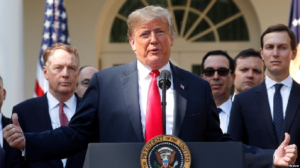

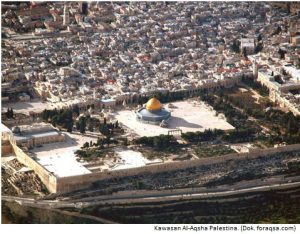
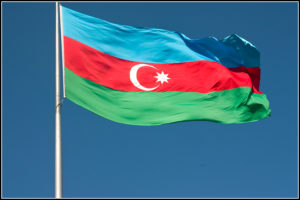



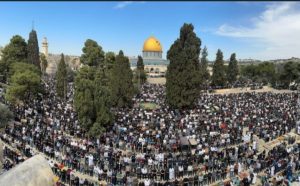
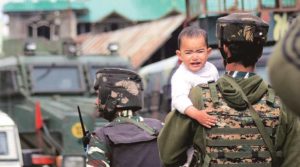
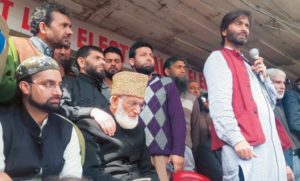





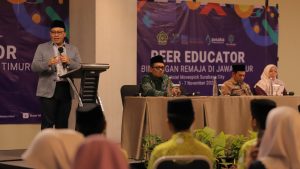



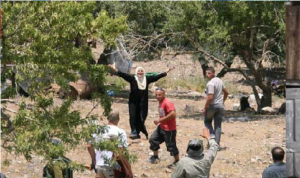

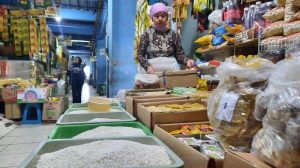



 Mina Indonesia
Mina Indonesia Mina Arabic
Mina Arabic